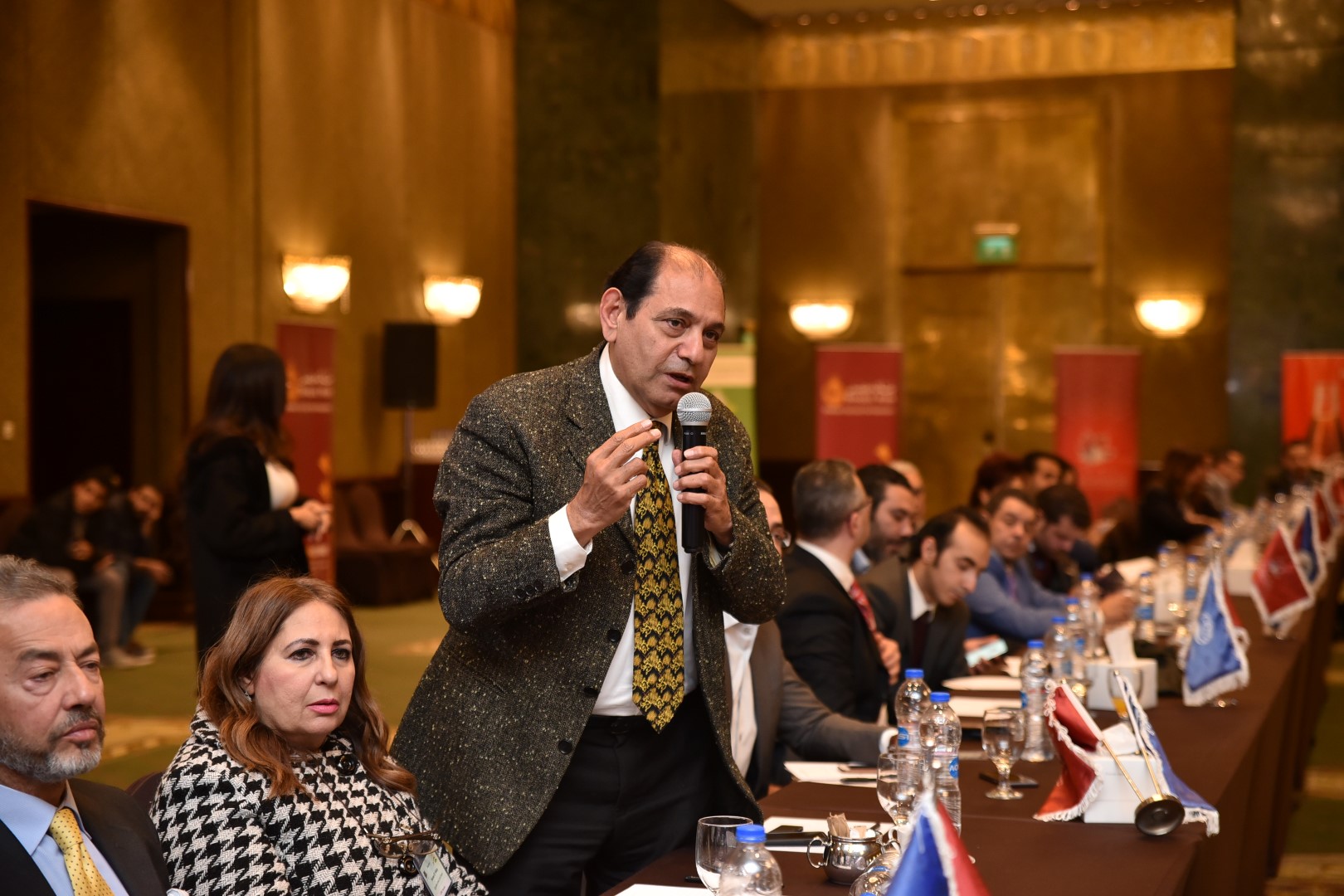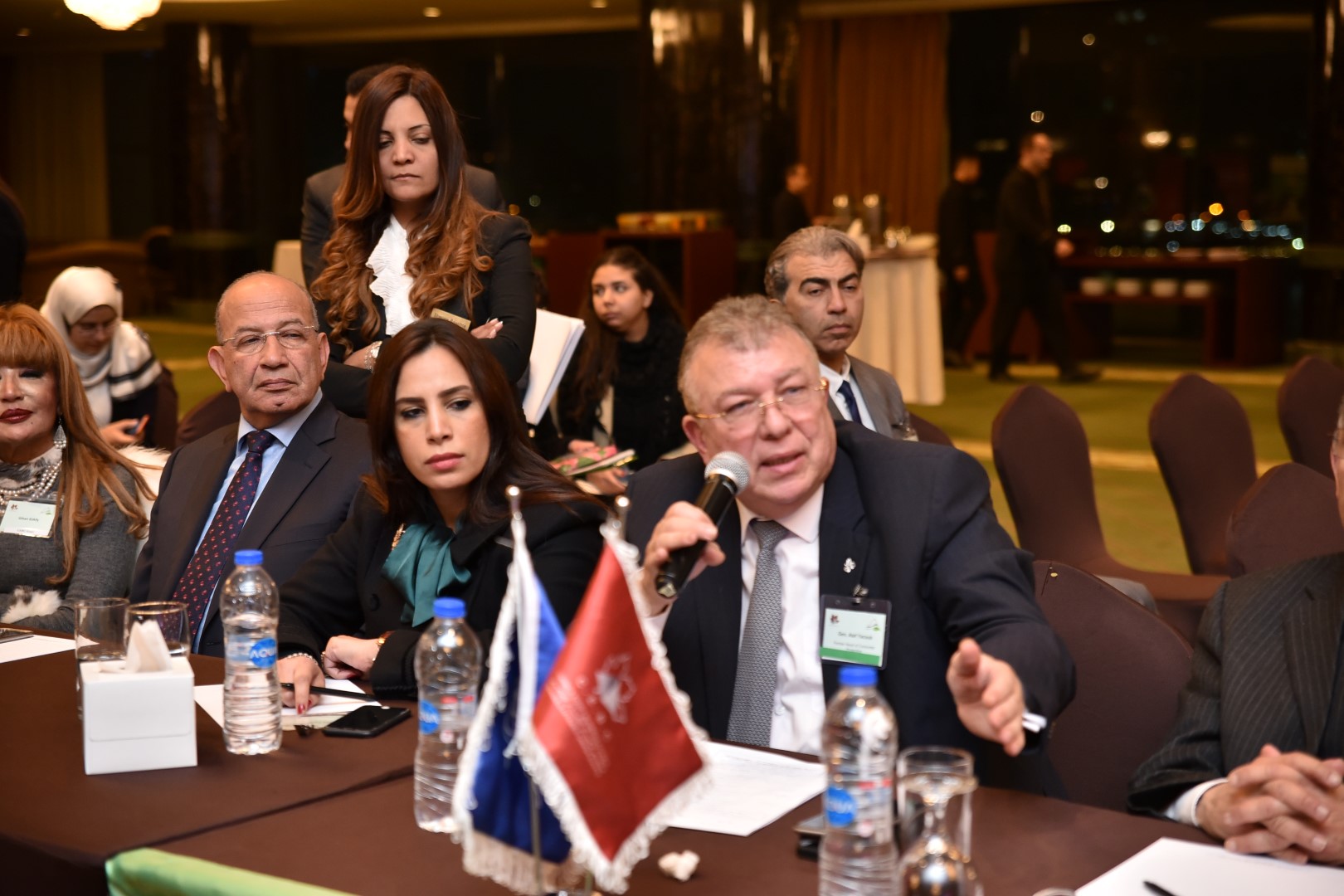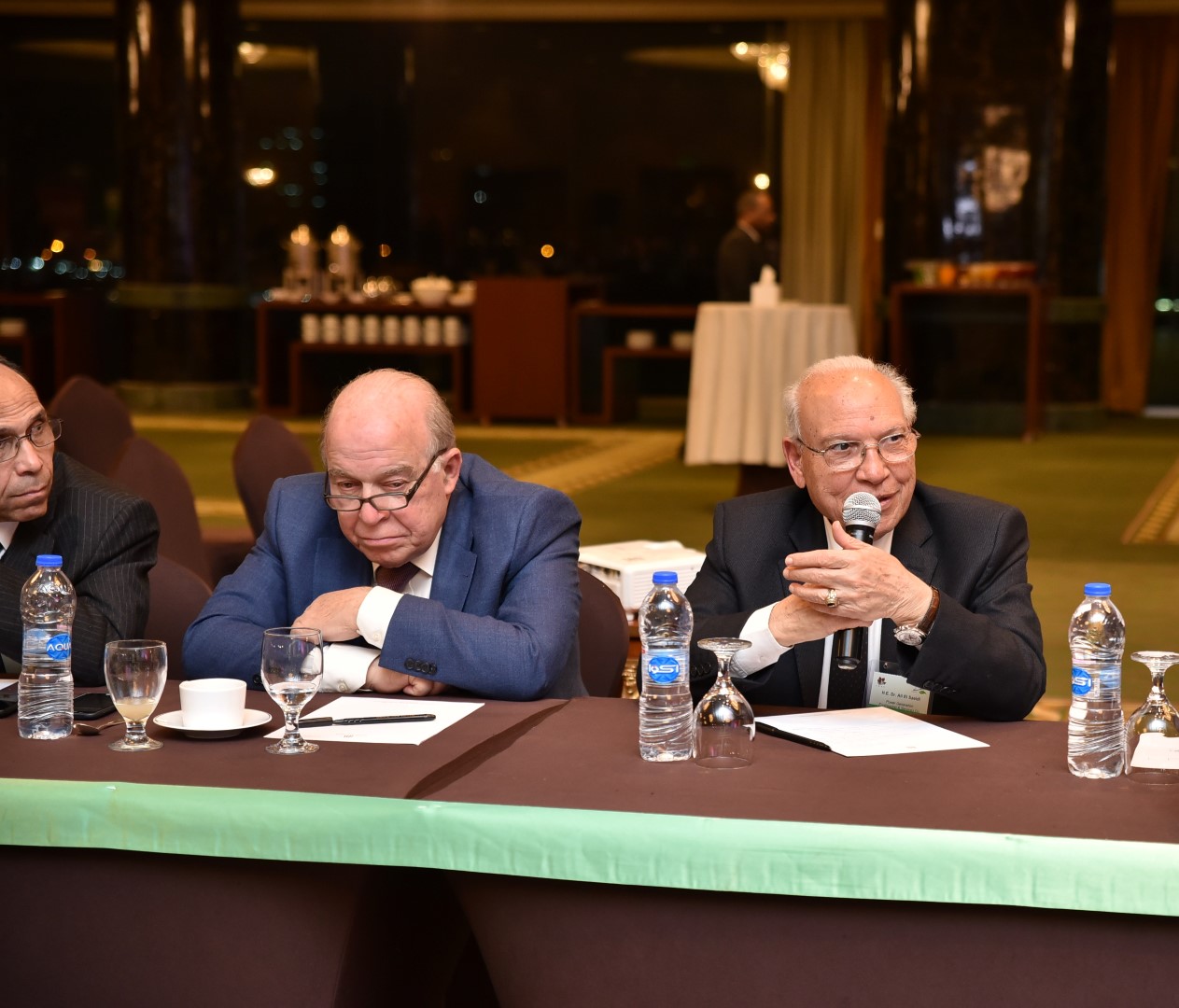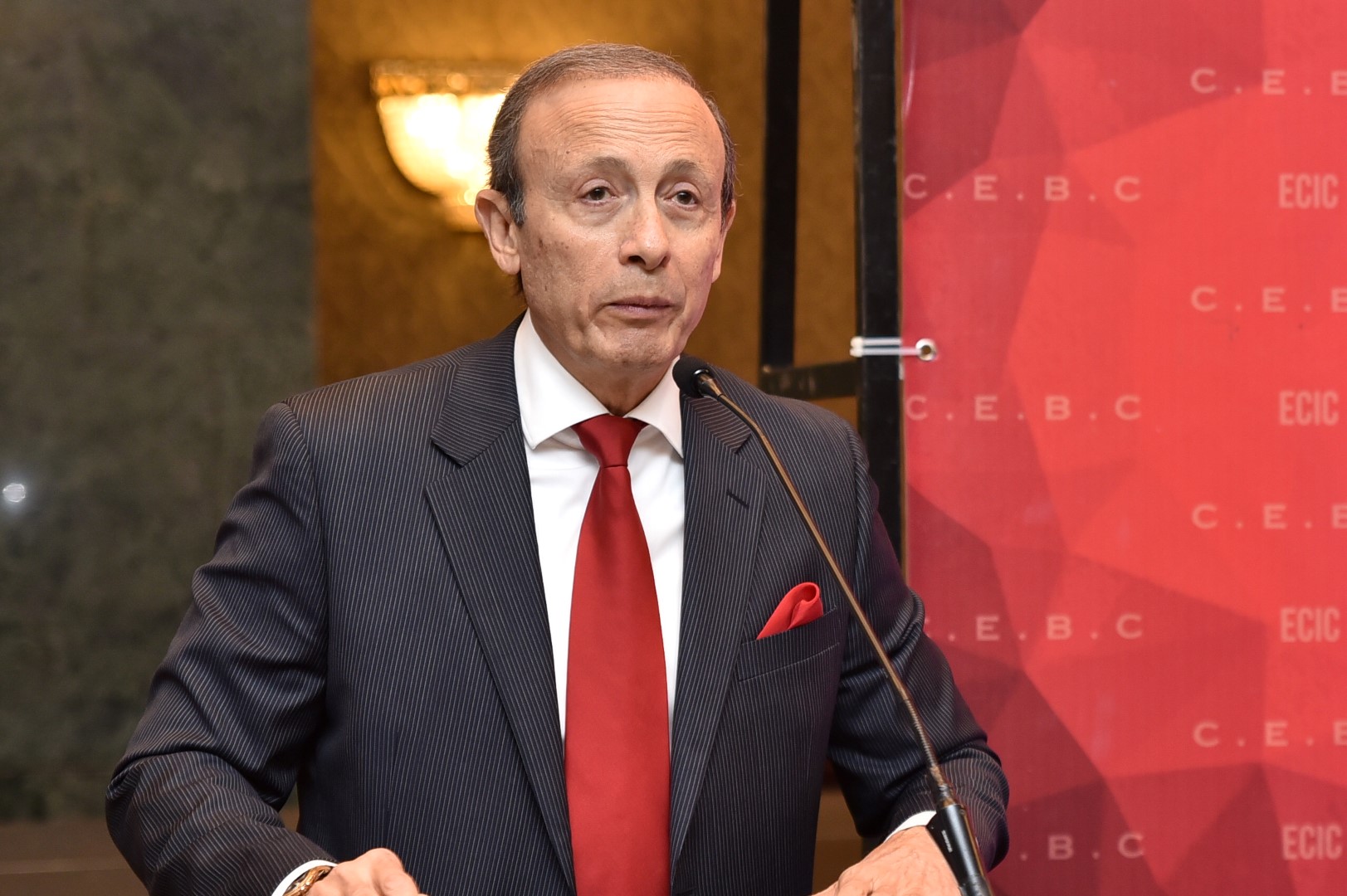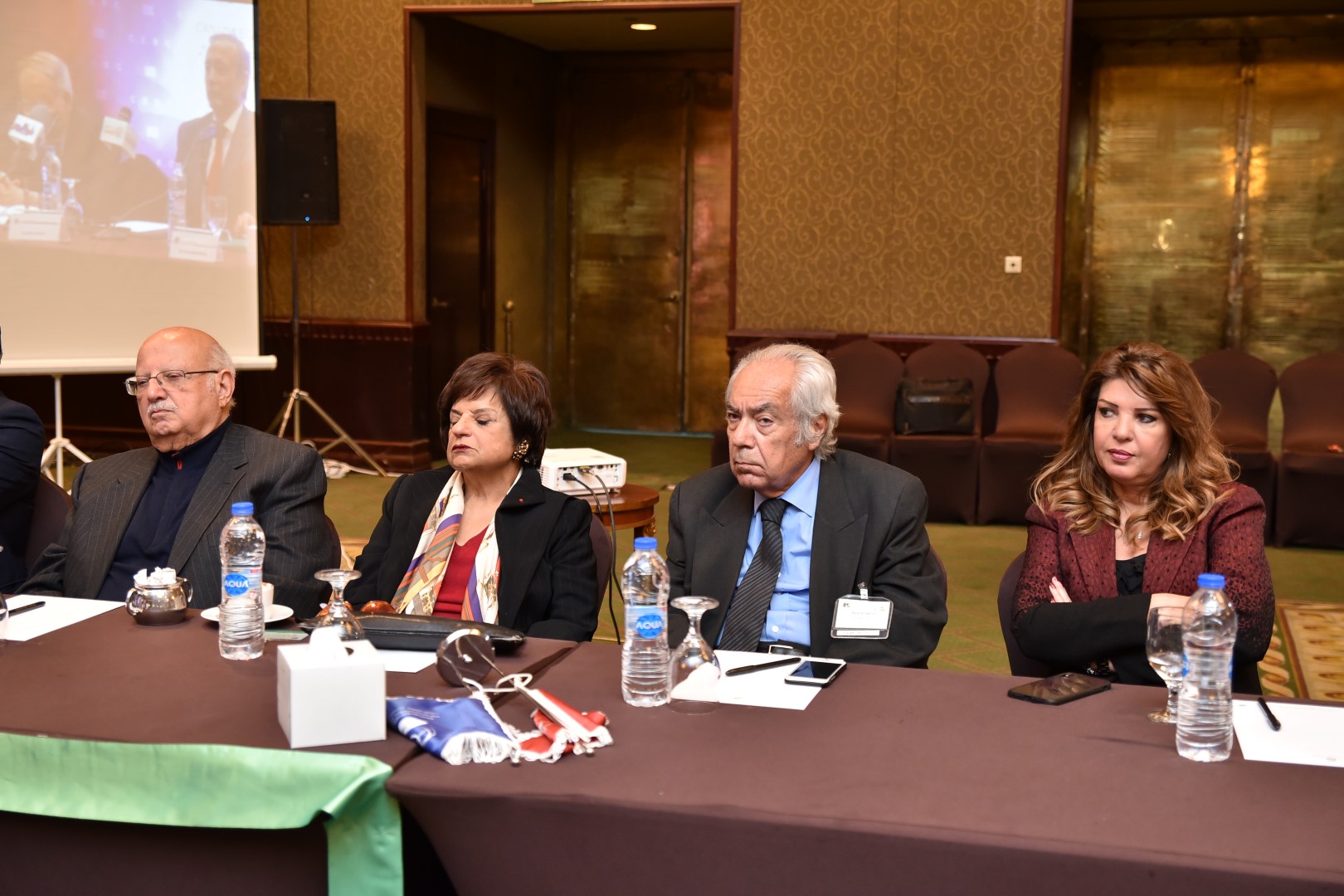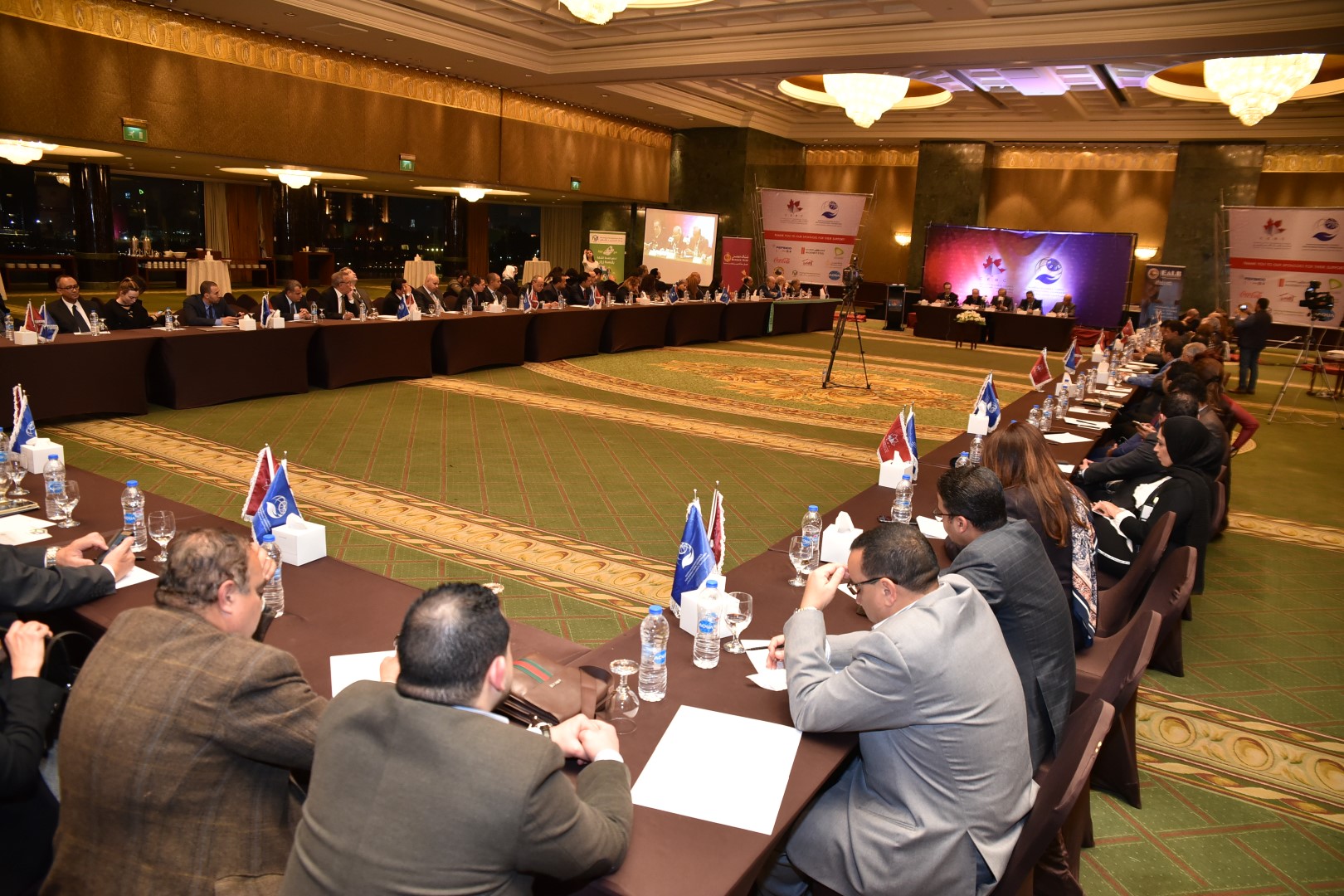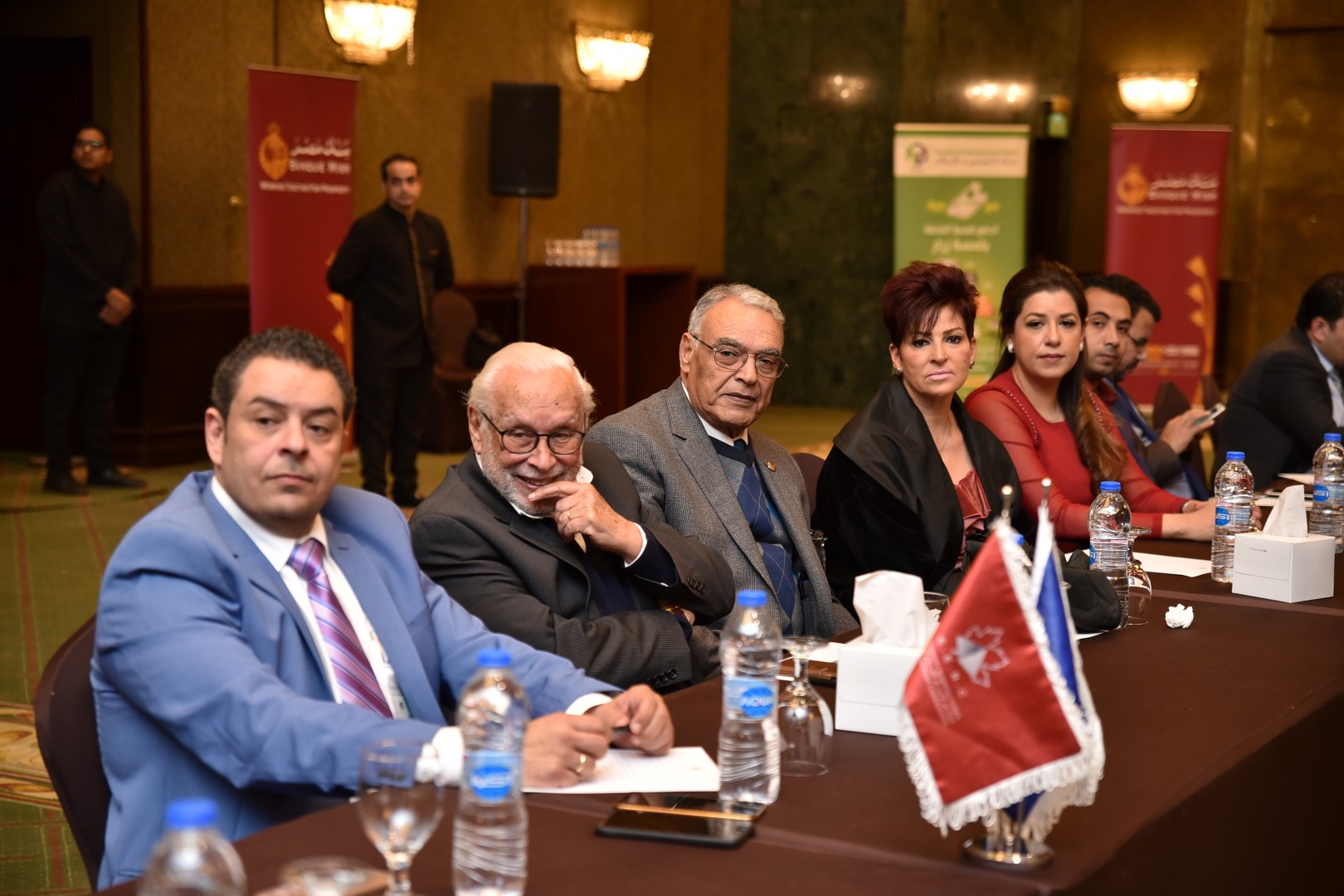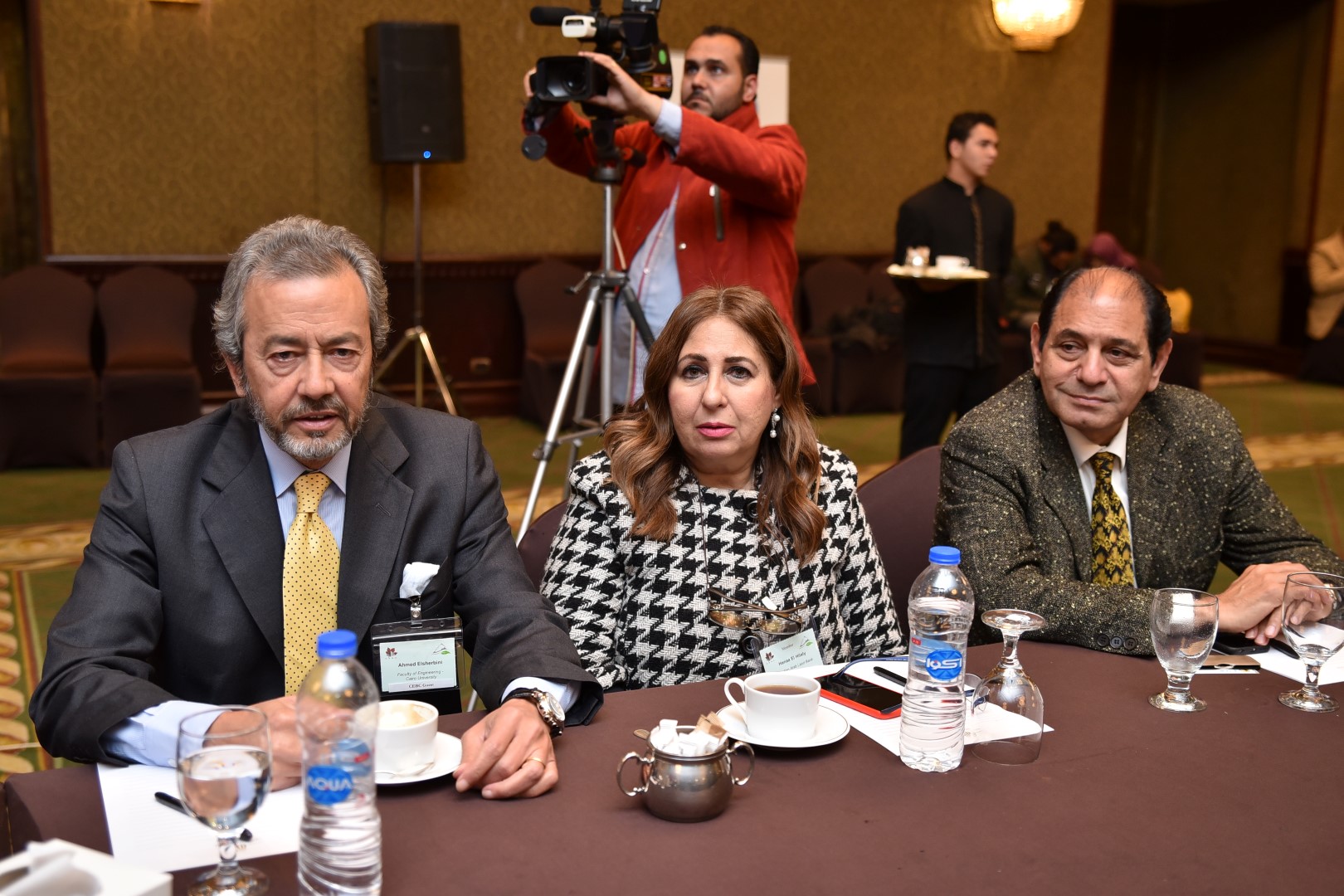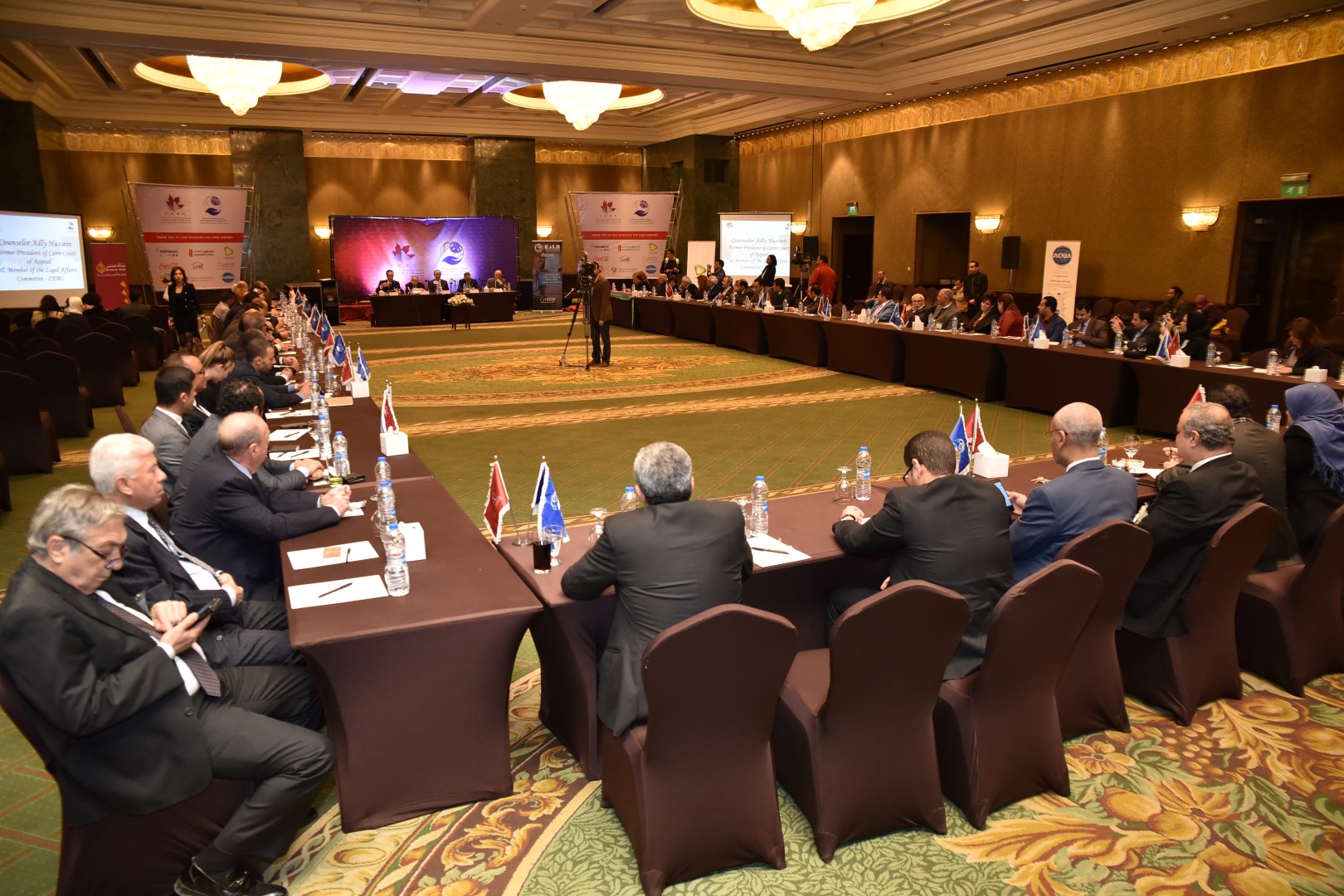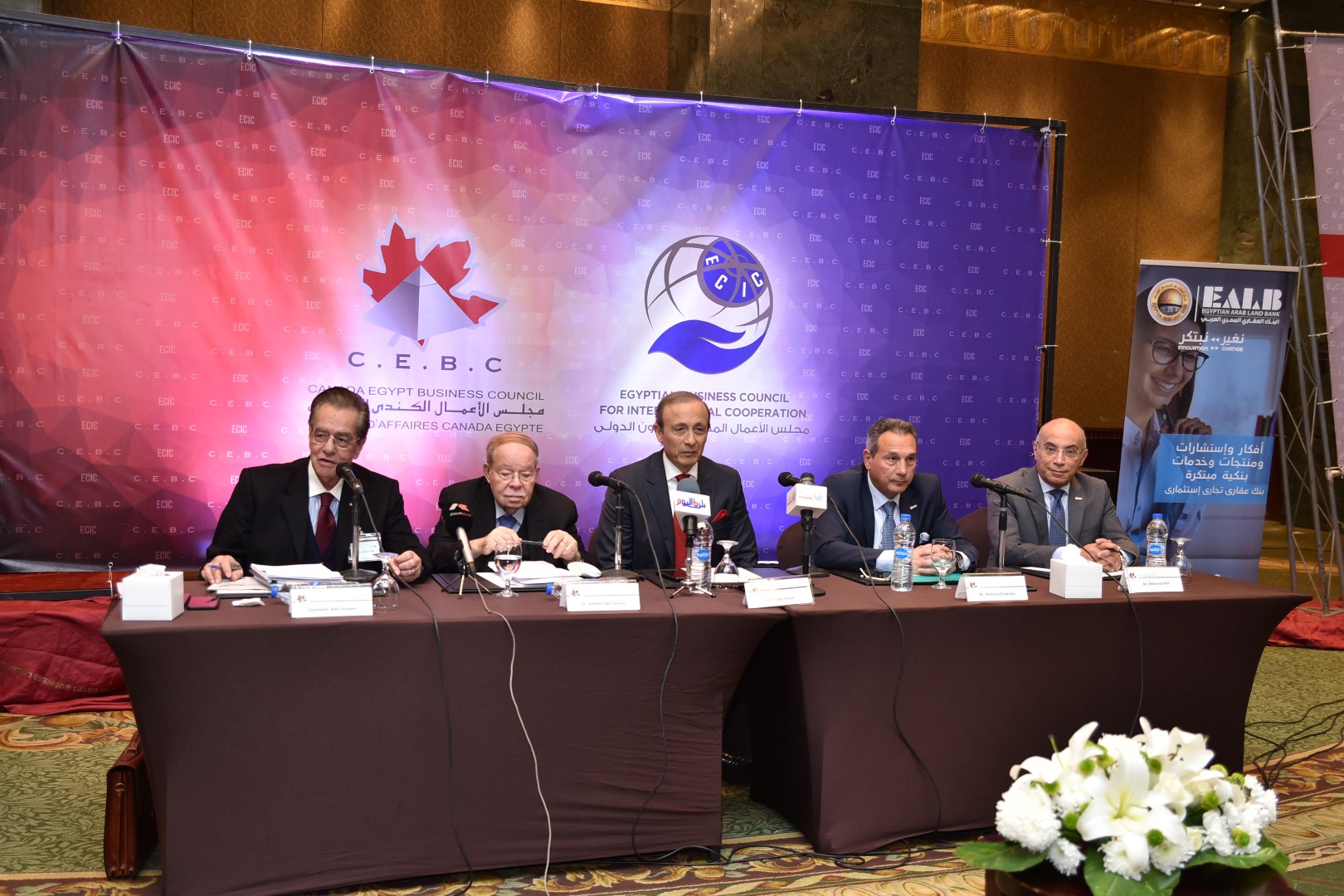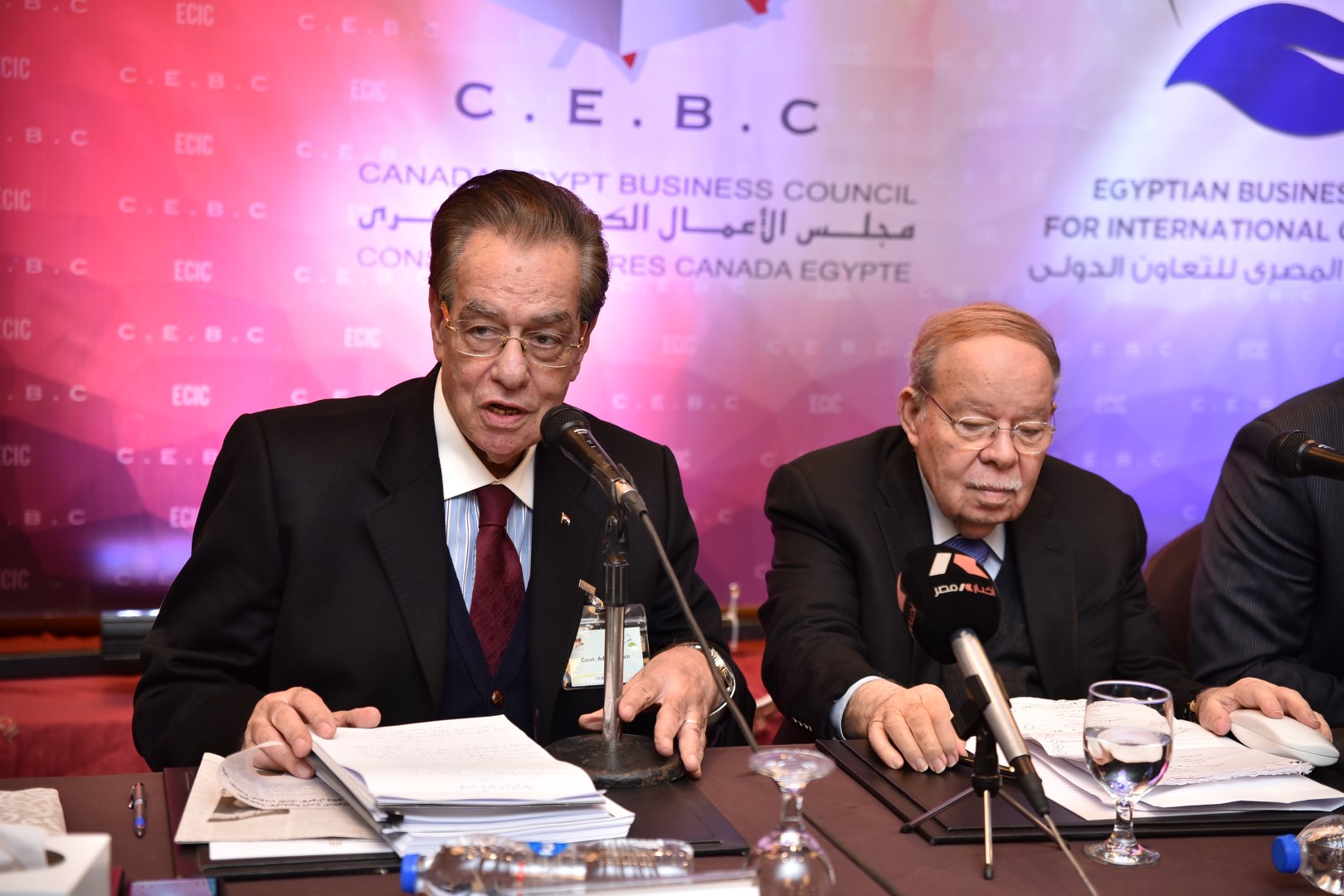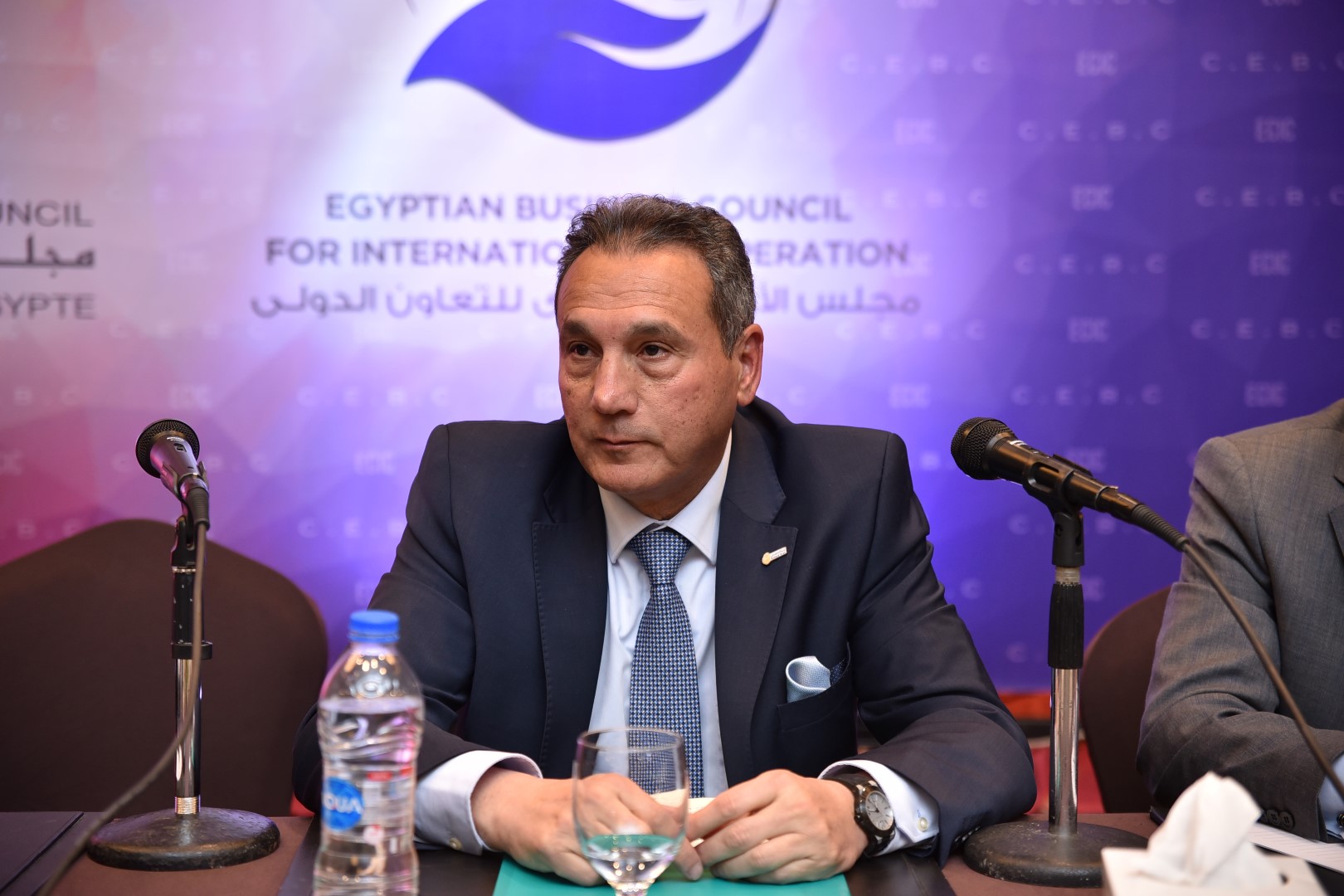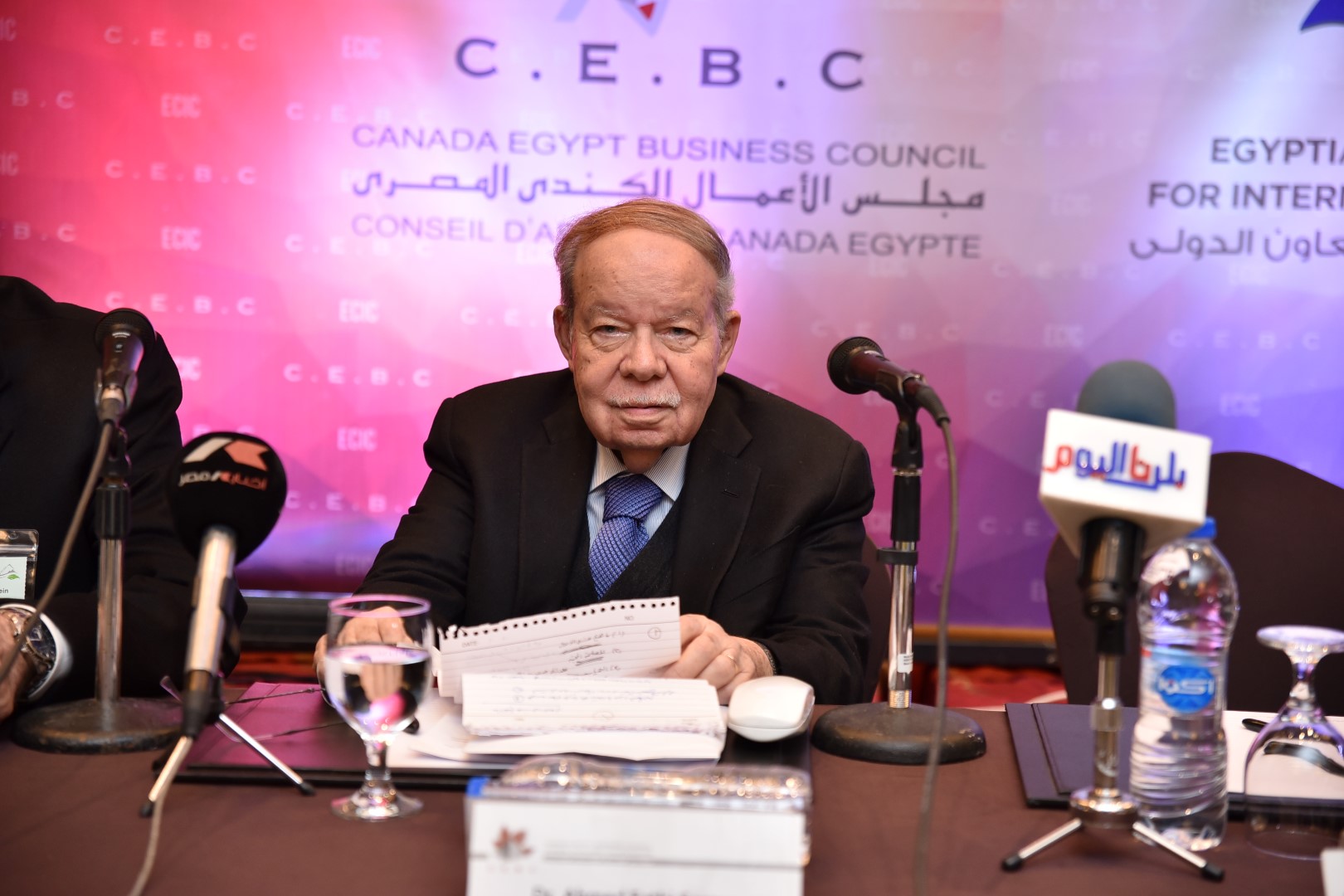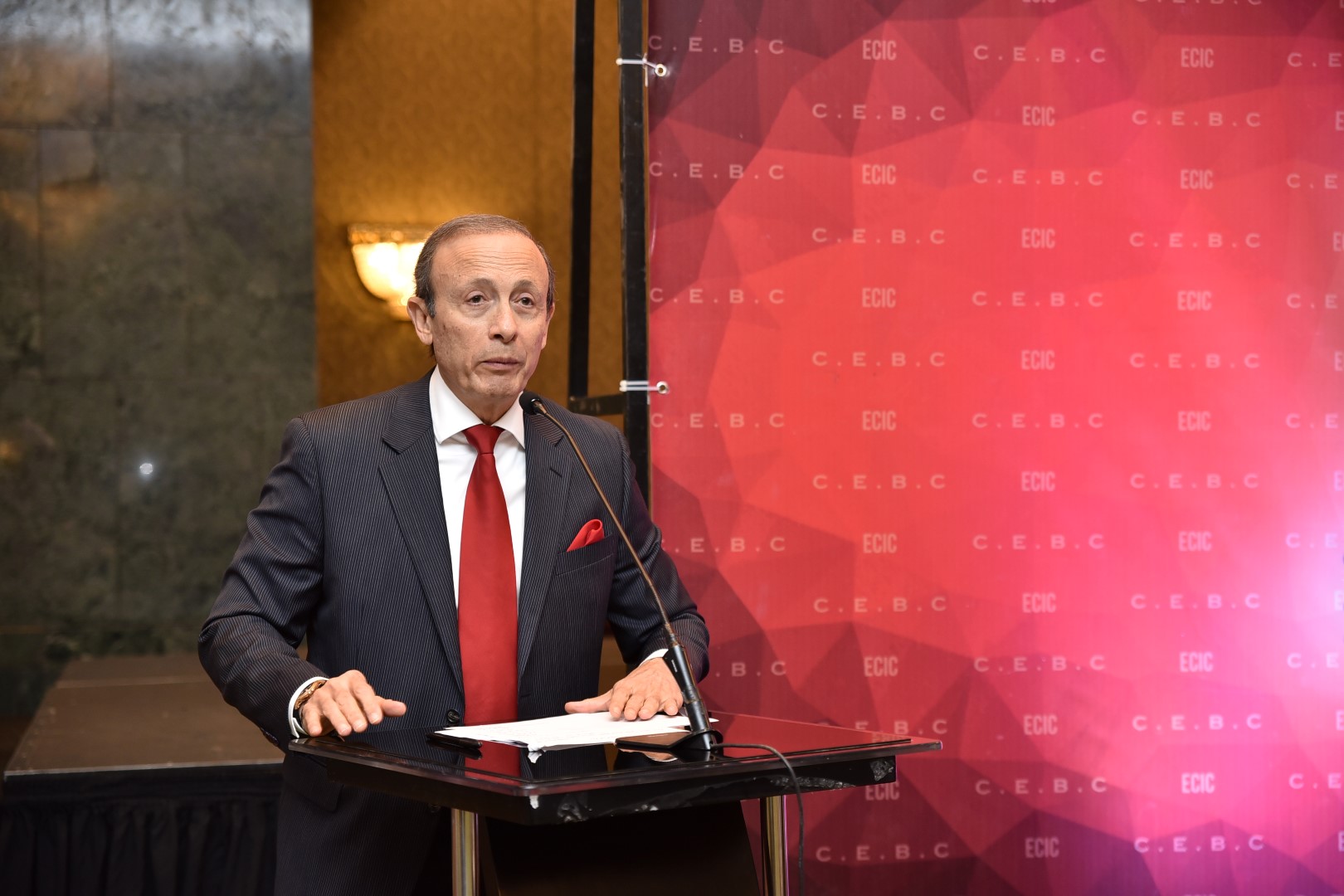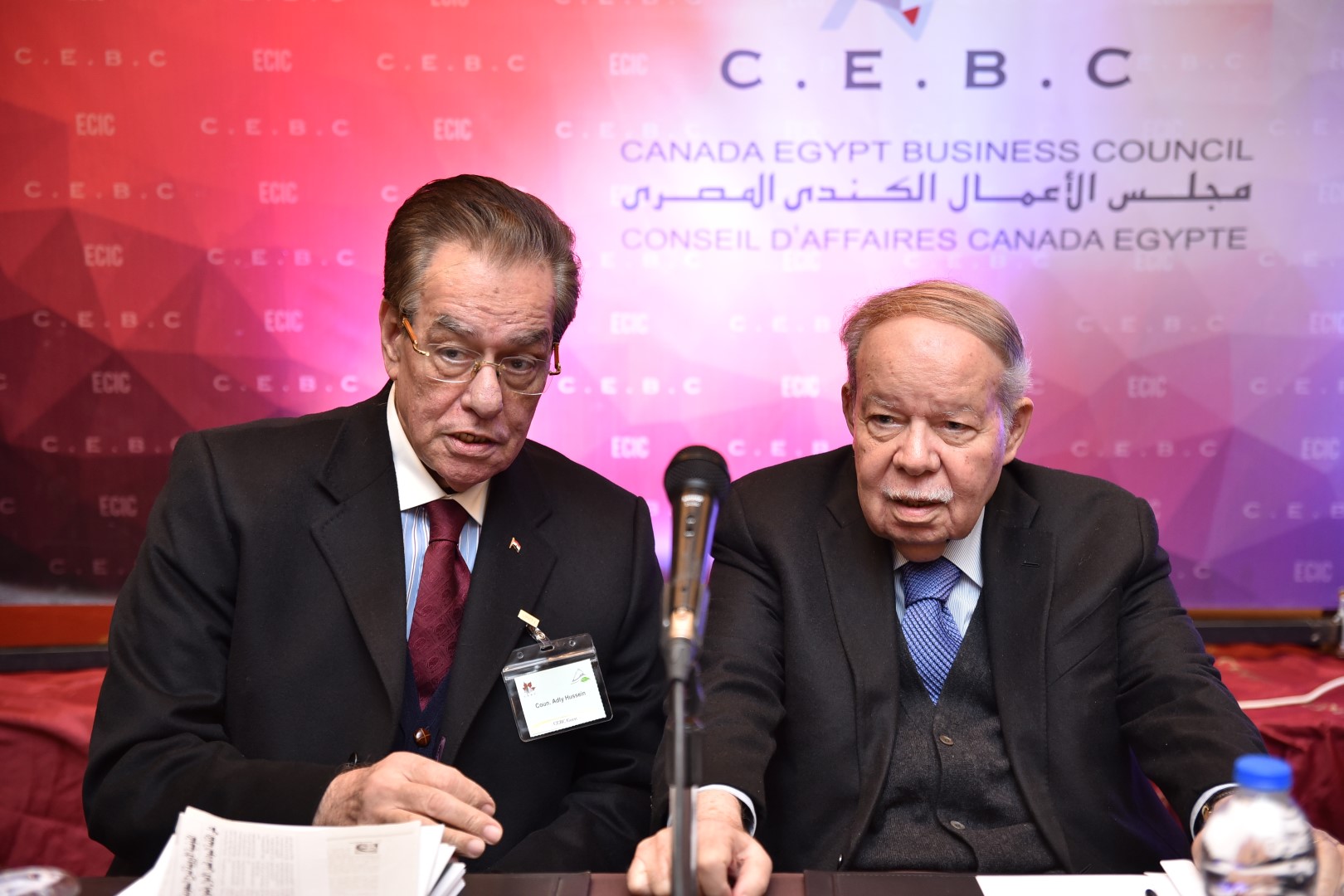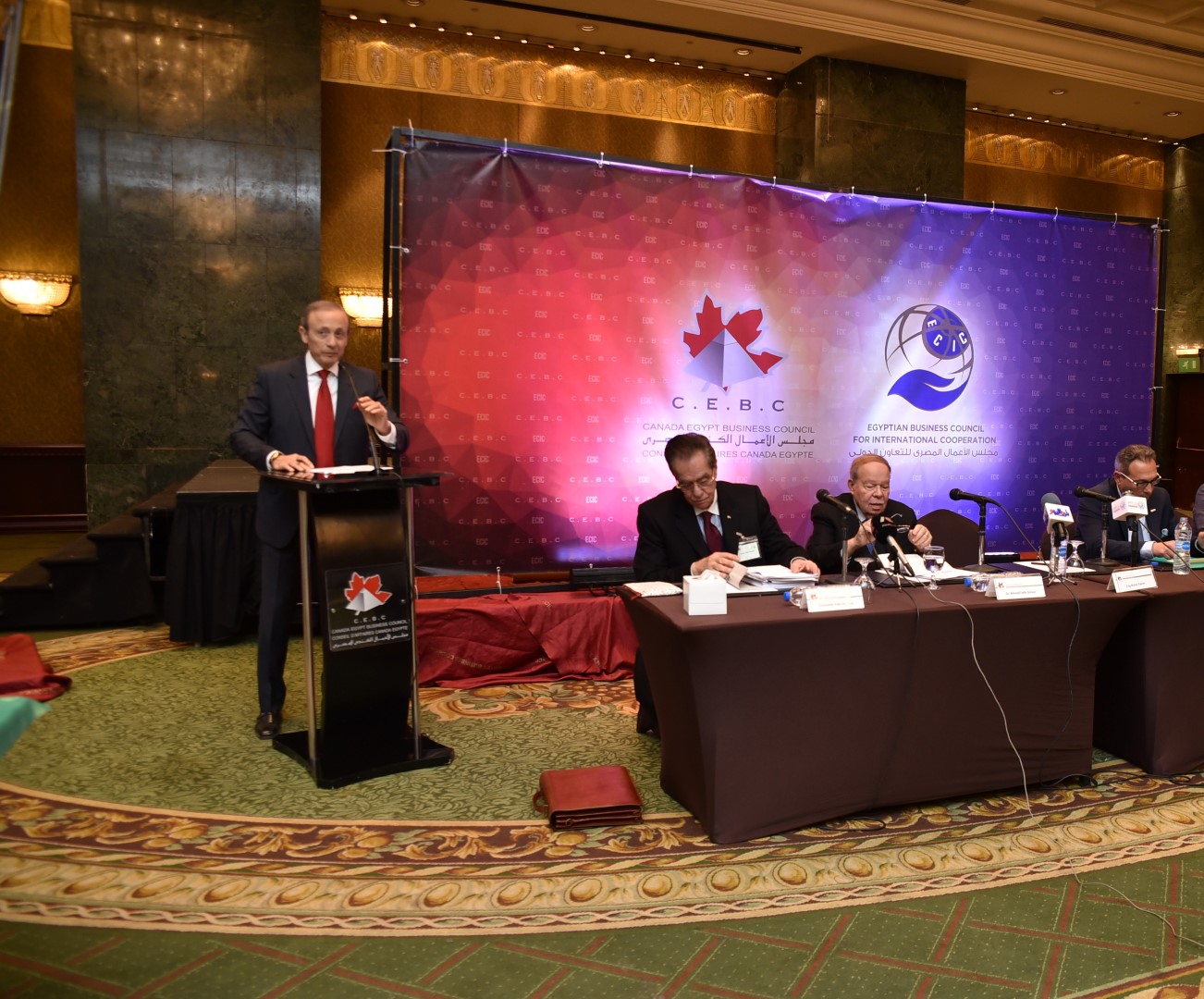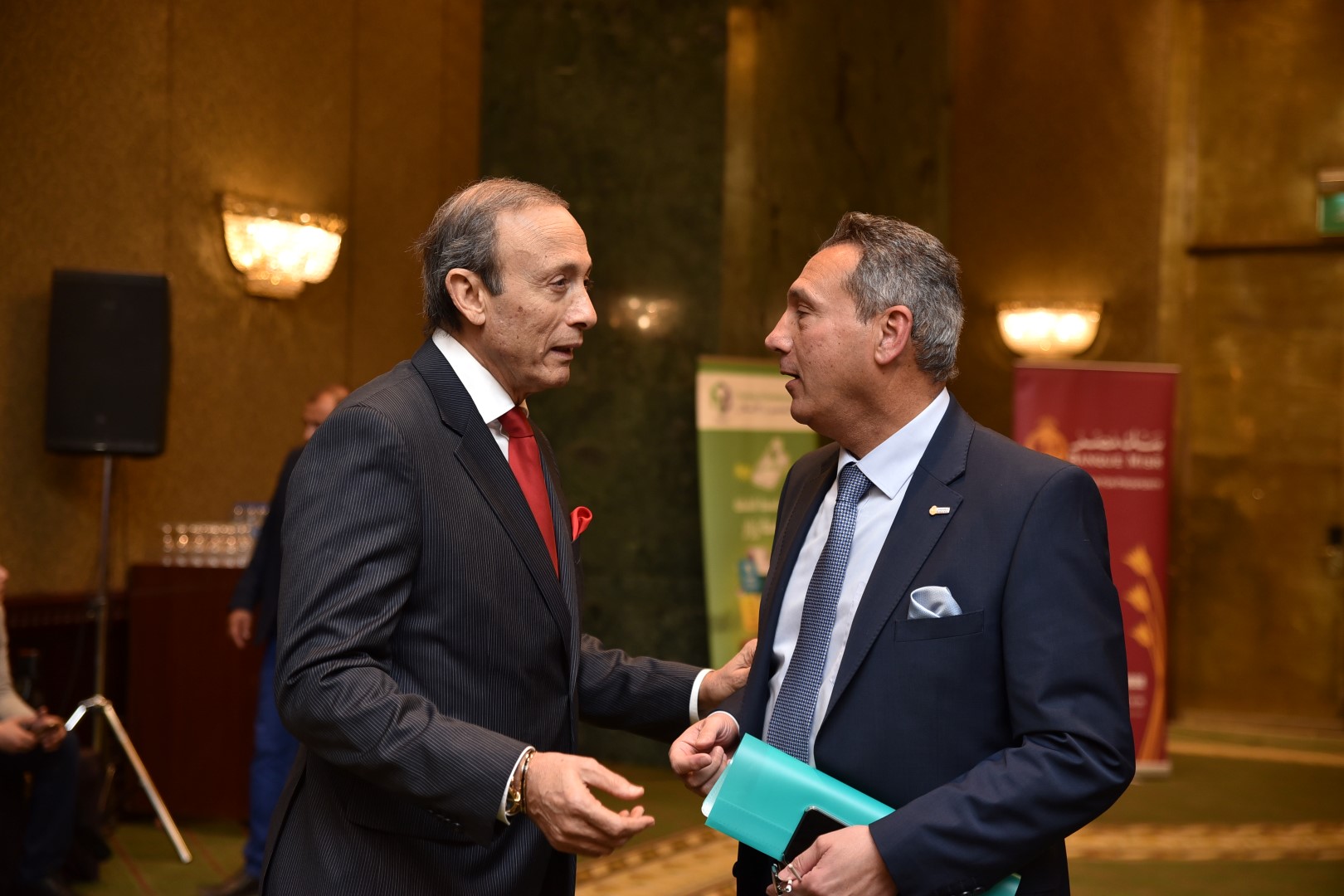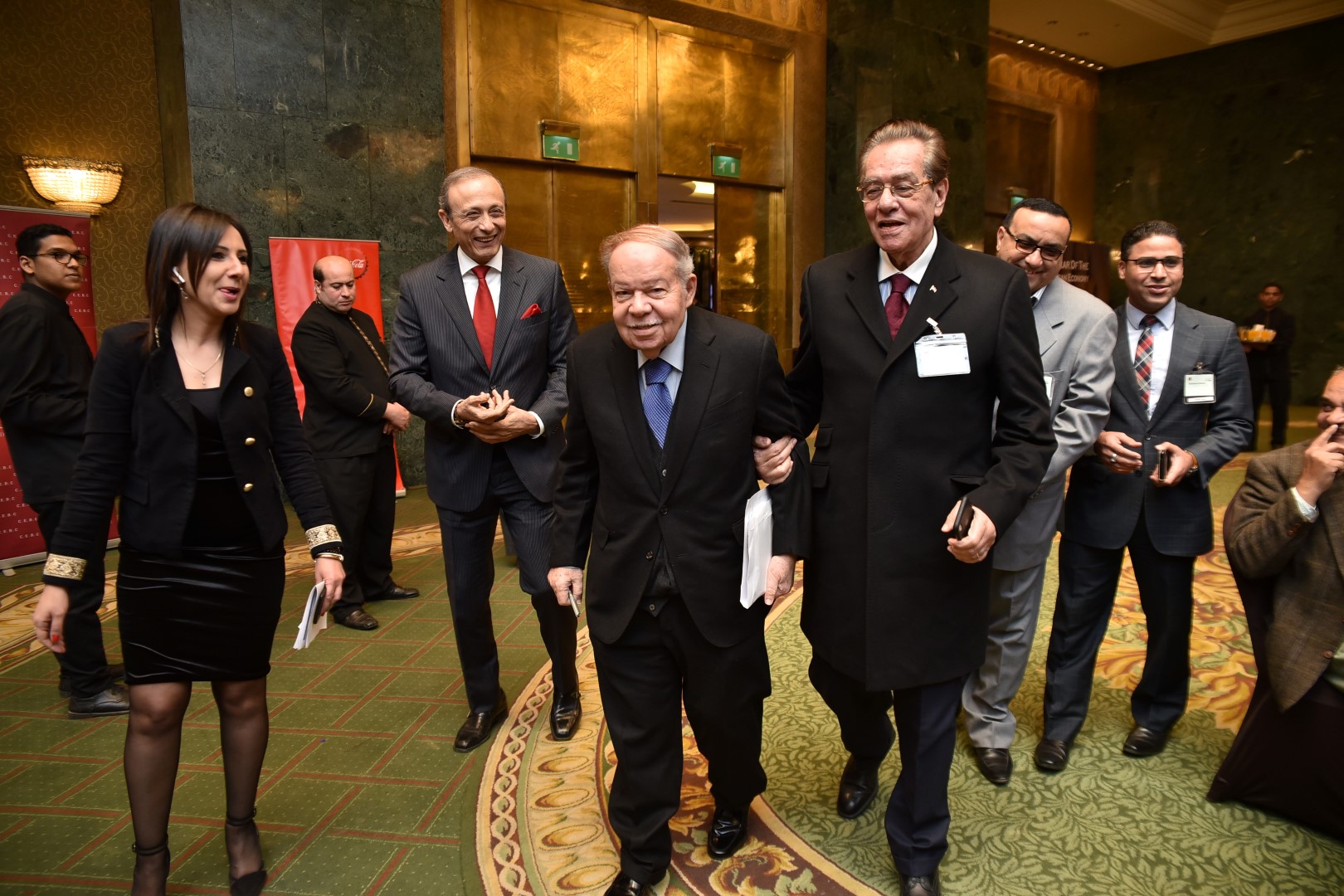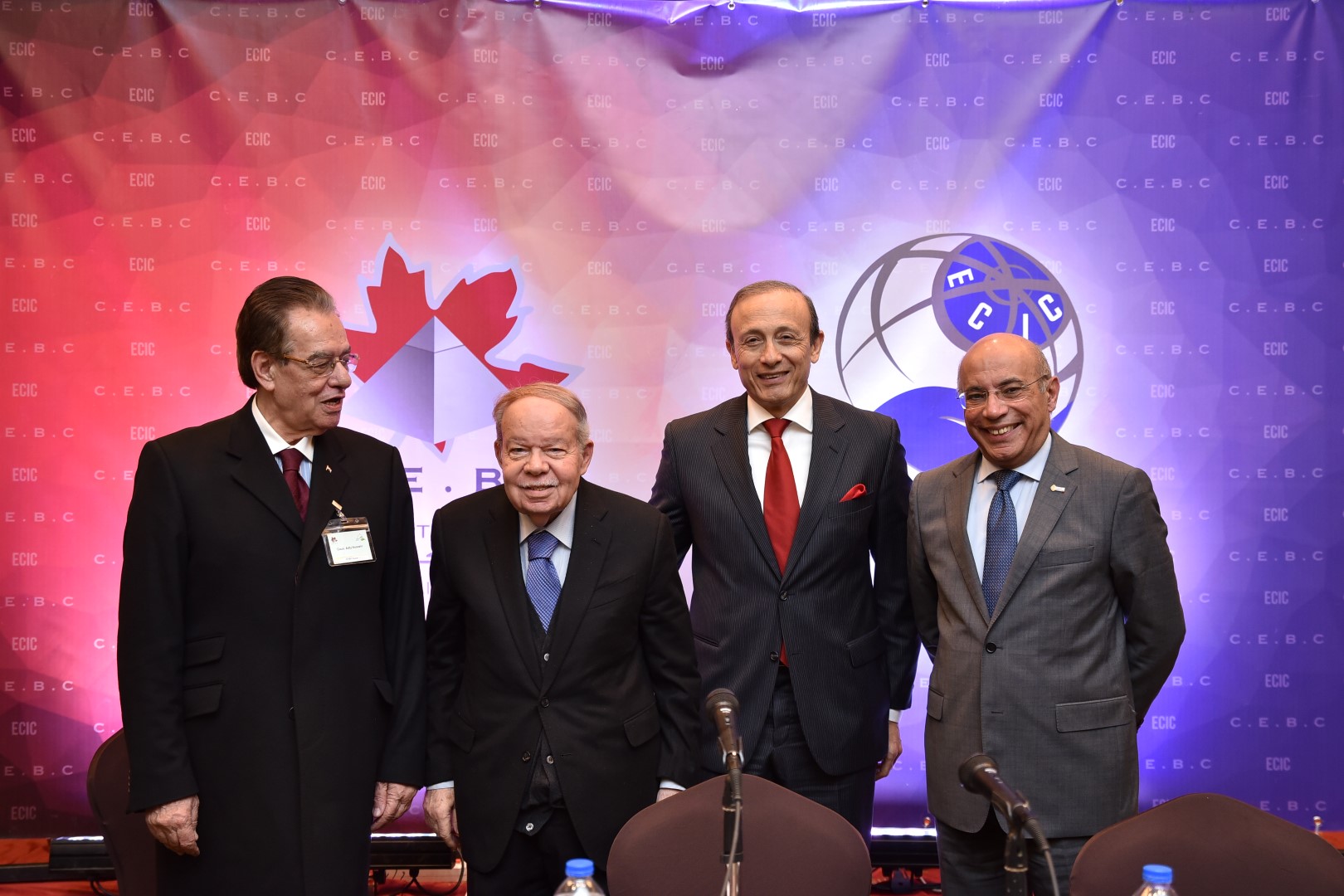
Date
Speaker(s)
Professor of Criminal Law
Cairo University & President of the Egyptian Association of Criminal Law / Mr. Mohamed Eletreby-Chairman - Banque Misr / Counselor Adly Hussein- Former President of Cairo Court of Appeal & Member of the Legal Affairs Committee - CEBC
Invitation
Description
Canada Egypt Business Council (CEBC) and Egyptian Business Council for International Cooperation (ECIC) had the pleasure to host an event on Wednesday February 20th, 2019 with Dr. Ahmed Fathi Sorour; “Former President of the Egyptian People’s Assembly, Professor of criminal law at the Cairo university & the President of the Egyptian Association of Criminal Law”. Panelists also included Counselor Adly Hussein “Former president of Cairo Court of Appeal & member of CEBC Legal Affairs Committee” and Mr. Mohamed Eletreby “ Chairman of Banque Misr”. Roundtable discussion was held to address one of the most serious threats to the Egyptian economy under the title of “Crimes of Money Laundering … and Its Impact on the Egyptian Economy”. In the opening remarks, Eng. Motaz Raslan welcomed the honorary guests and the respected speakers, then he started his speech mentioning that over the years, it has been confirmed that money can threaten the stability of people as it can finance terrorism through the process of money-laundering, therefore a distinguished way of fighting terrorism can be through getting off its financial support. Eng. Raslan added that the annual volume of money laundering reaches about $2 trillion, representing between 2 to 5% of the international GDP. He pointed out that Egypt is exerting great efforts to curb the phenomenon of money laundering, which is used in the trade of drugs, weapons or any other illegal matters. Dr. Ahmed Fathi Sorour welcomed the attendees, then he discussed during the conference that there are guidelines to combat money laundering internationally with the participation of many international institutions in accordance with Chapter VII of the law issued by the Security Council, which imposes sanctions on any country that violates it for fear of financing terrorism. Then he explained that the non-cooperative countries are subject to sanctions from the Security Council. In earlier periods, Egypt was a non-cooperative country, but it was not blacklisted until it passed the law, amended 4 times and turned into a cooperating state. He also added that the Egyptian law of money laundering applies punishable acts based on identified suspicious deposit and transfer of funds, as well as possession and investment, in order to hide the source of funds that are the source of a crime. That Egyptian law fined the convict, paying twice the amount and confiscation of the original amount and the penalty of imprisonment of 7 years, pointing to the importance of all institutions to combat money laundering and cooperation with various countries. He concluded that banks can identify the source of funds through the Anti-Money Laundering Unit of the Central Bank, which follows the sources of funds deposited, and therefore can take legal actions accordingly. Mr. Mohamed Eletrebi during his speech at the seminar mentioned that the volume of money laundering operations represents about 5% of the international GDP and 8% of the total foreign trade volume. Then he also added that Egyptian banks are exerting great efforts to curb money laundering, as they raised the AML / CFT allocation by 50%. He also pointed out that Banque Misr allocated about 58% of its spendings to support the fight against money laundering during the last three years. After that Counselor Adly Hussein, stressed on the importance of linking the crime of money laundering with crimes preceded by drugs crimes, slave trade, tax evasion, bribery, fraud in transactions and trafficking in human beings. He pointed out that the latest international report recognized that Switzerland, Austria, Czech Republic, Thailand and Israel are the countries that host corrupted funds and money laundering. The floor was then opened for Q&As discussion


